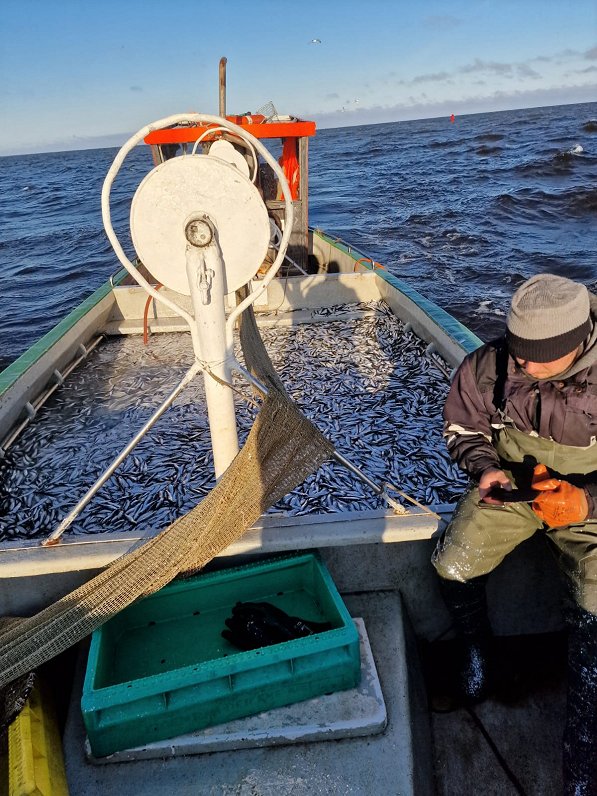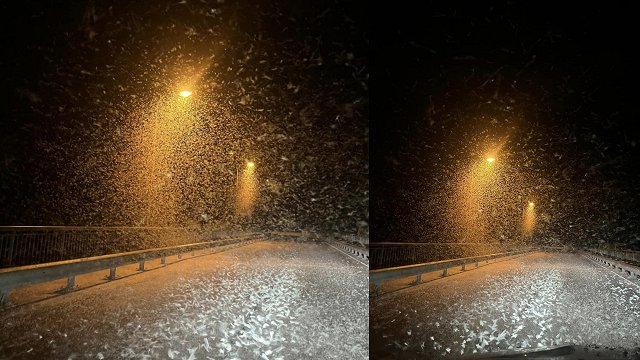The Ministry of Agriculture (ZM) has informed the sector about the plan by the European Commission (EC) for the Baltic Sea countries, including Latvia, to significantly reduce the fishing of several fish species in 2024. For herring in the Baltic Sea, the catch reduction is expected to be 60%, for herring in the Gulf of Riga - 20% and for bream - 23%, compared to 2023.
The Ministry does not agree with the plan, saying "Latvia categorically opposes the European Commission's proposal" stressing that it would have a devastating effect on Latvian fishing and fish processing, which depends to a large extent on these fish resources. The Ministry believes the plan is overdone and is demanding that the EC not reduce herring and sprat fishing opportunities for Latvian fishermen in 2024 more than the state of fish stocks requires.
Along with the plan to reduce the fishing of several species, the plan envisages reducing the allowed by-catch as well, said Stankevičs. A 'by catch' is the unintentional netting of one species while intentionally fishing for another.
"We should also virtually stop sprat fishing. You can't really catch sprats without a bycatch of herring. Every year there has been 5% to 6% by-catch of herring as a limit in the Baltic Sea. (..) But if the goal is to reduce or ban it altogether, we will no longer be able to fish sprats," Stankevičs said.
In his estimation, Latvia will lose 6-7 sprat factories. "And all fishing will end there," added the head of the fishermen's association. 'Rīga sprats' are a delicacy that is in demand in many countries worldwide.
"They do not listen to our opinion, nor do they listen to the opinion of science. They will simply make such a draconian decision, most likely with the aim of closing the Baltic Sea to fishing; we will only place wind farms here," Stankevičs suggested.
On October 23 and 24, the Minister of Agriculture, Armands Krauze (Greens and Farmers Union), will participate in the meeting of the Council of Ministers of Agriculture and Fisheries of the EU in Luxembourg, where the member states will decide on fishing opportunities in the Baltic Sea in 2024, determining the permissible amount of fishing.





























